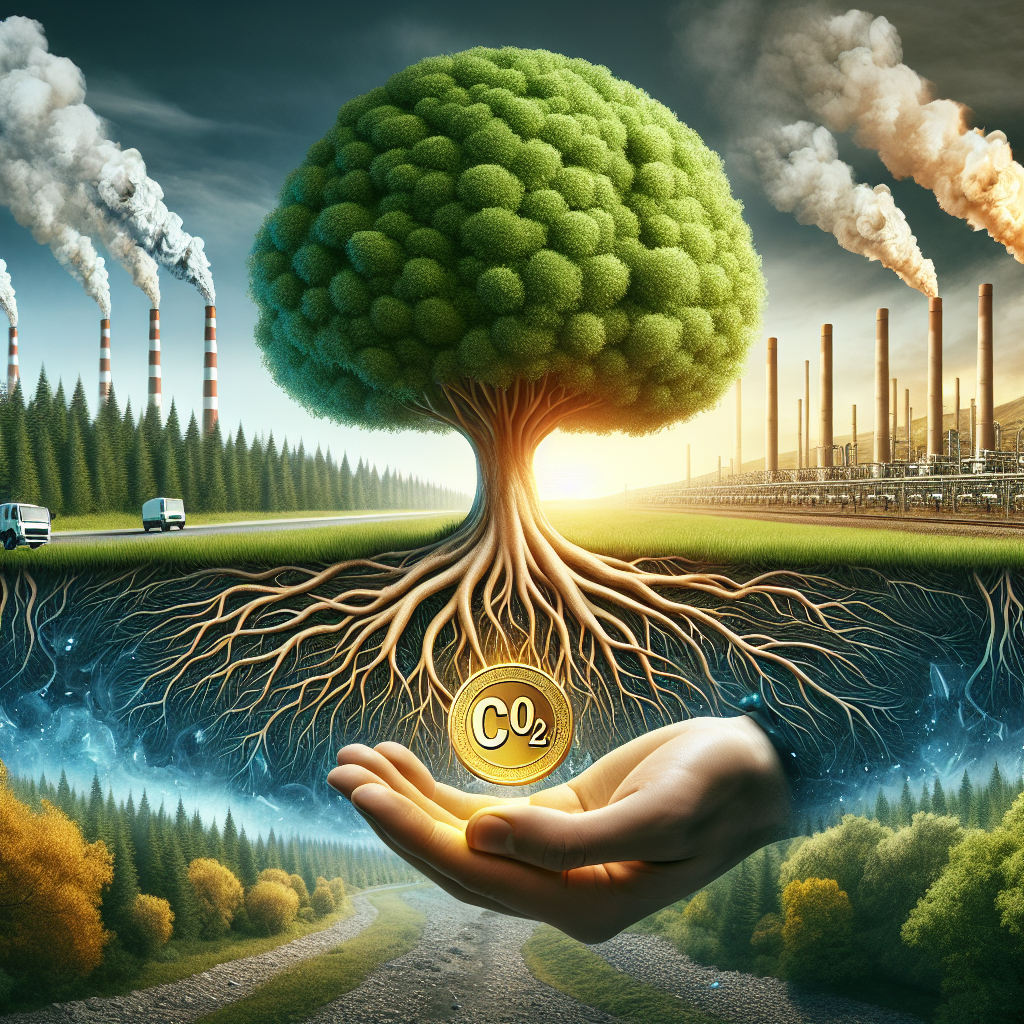Revamping India's Carbon Credits: A Path for Sustainable Farming
Farmers in India like Jitendra Singh struggle with delayed payments from carbon credit projects due to high verification costs and middlemen. Despite the potential benefits, ineffective market practices and inadequate compensation hinder progress. India is developing an internal system to ensure fair and transparent transactions for farmers.

In Northern India, farmer Jitendra Singh reduced methane emissions through sustainable rice farming but has yet to reap financial benefits from carbon credits. Despite efforts, systemic delays and complex verification processes thwart timely compensation.
The global carbon credit market, initially promising as a solution for emission reductions, has been marred by inefficiencies and so-called 'phantom credits.' Reports indicate that certification processes are lengthy and costly, often leaving farmers without financial gains.
India aims to revolutionize its carbon credit system, establishing domestic registries for efficient credit generation and sales. By empowering farmers through cooperatives and leveraging technology, the country seeks to create a transparent and equitable marketplace benefiting both the environment and the agricultural community.
(With inputs from agencies.)
ALSO READ
Rockwell Automation's 2024 Sustainability Triumph: Pioneering Change in India
Tata Motors Drives Sustainability with New Vehicle Scrapping Facility in Assam
Columbia Knowledge Series: Leading the Charge on Sustainability
Innovative Perspectives: Columbia Knowledge Series Explores Sustainability
CISF Powers Up Sustainability with Major Solar Initiative Across 20 Campuses










